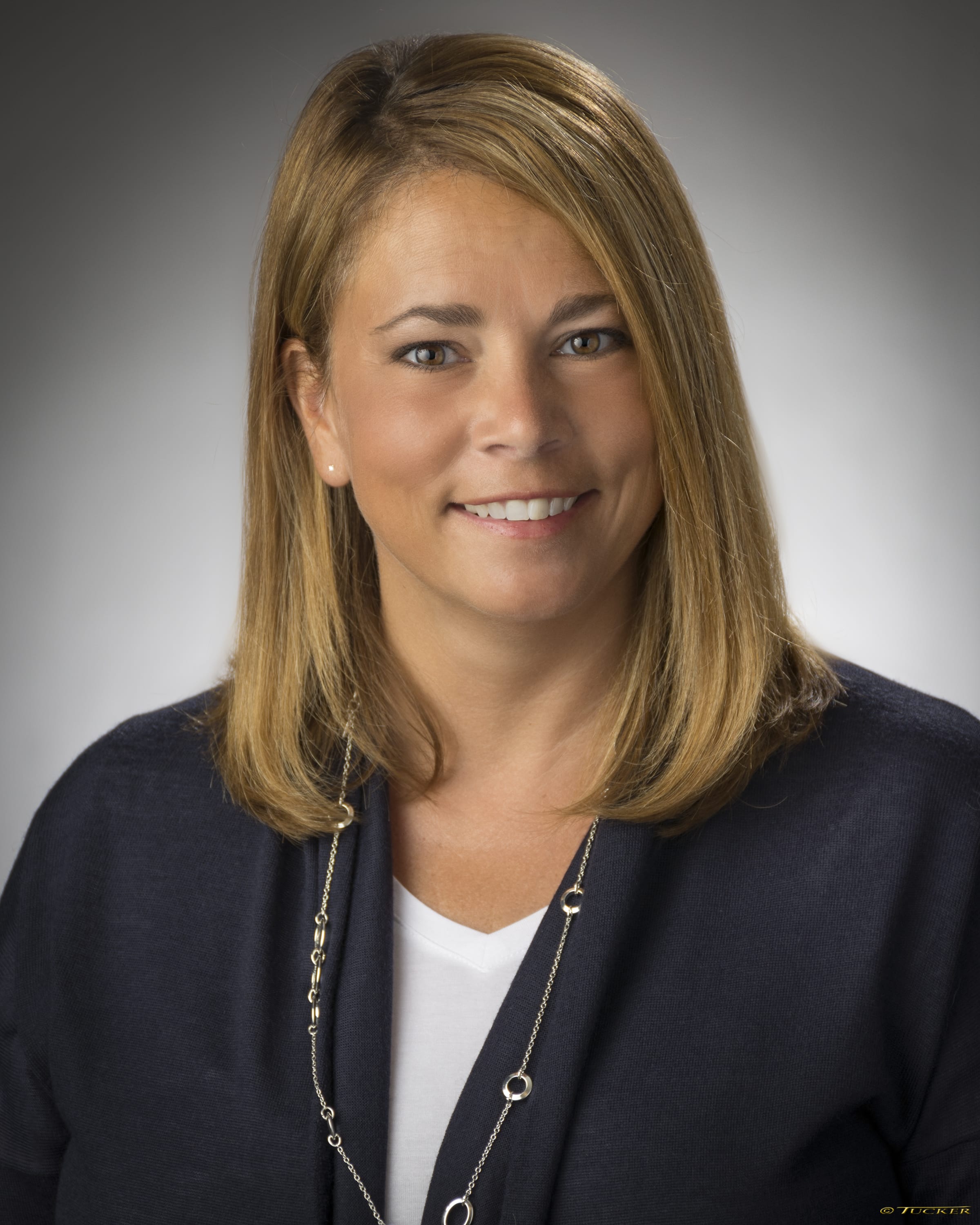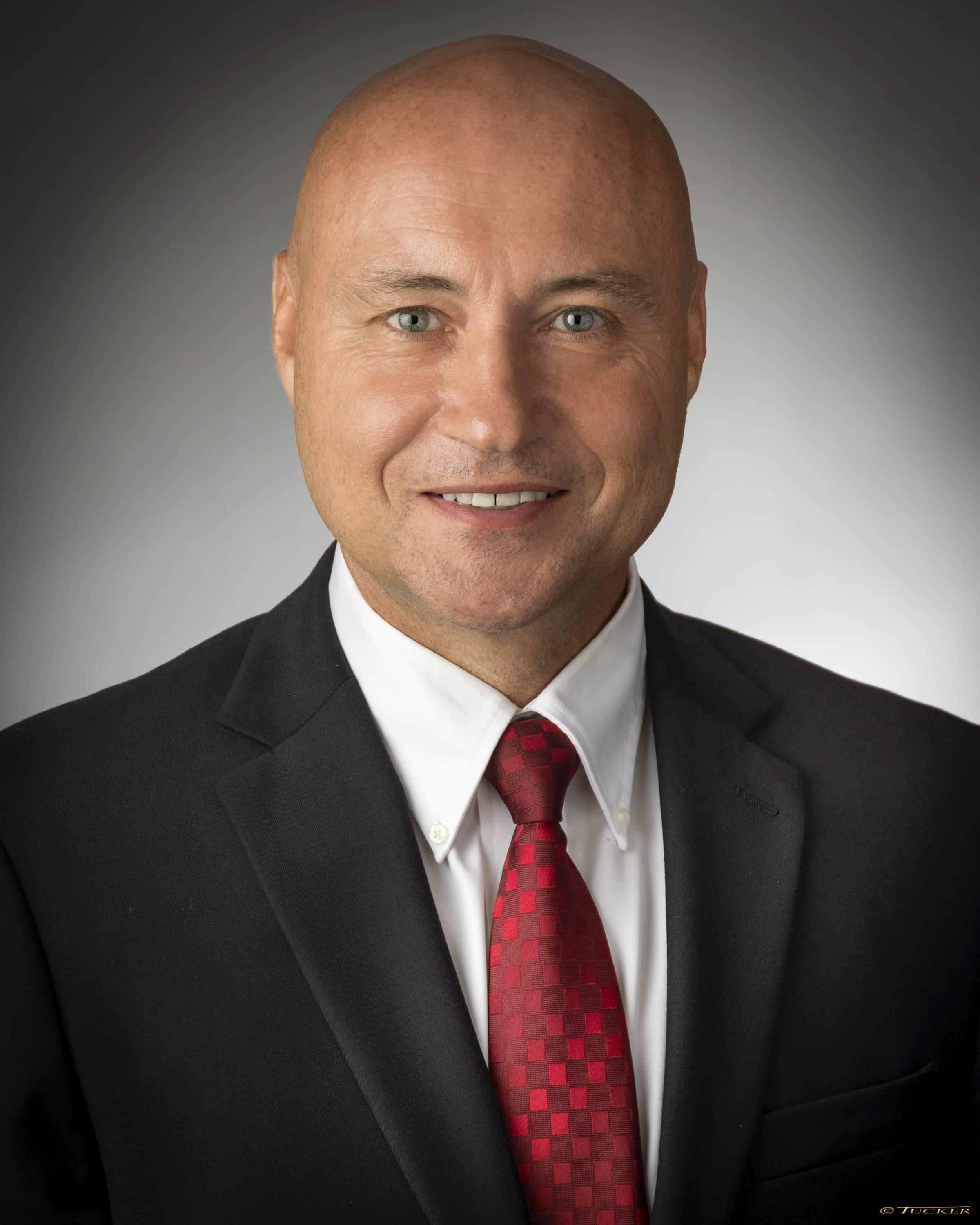Beyond Property Preservation: Proactively Tracking Legislation
Editorial
June, 28 2017
Airing from 2001 to 2010, the Fox television show “24” has become permanently ingrained in the fiber of American pop culture, as it firmly established itself as a highly lauded, critical and commercial hit during its record-breaking, eight-season run.
The show, featuring actor Kiefer Sutherland as highly skilled, no-nonsense government agent Jack Bauer, employed a unique narration by having events unfold in real time. As a result, each episode (featuring a clock that would appear on screen) covered one hour of a full day in Bauer’s life, with a 24-episode season leading up to the completion of that time period and subsequent story arc.
Working for the fictional American Counter Terrorist Unit, Bauer was constantly placed in harrowing life-or-death situations while combating a host of villains and criminal organizations. To foil these threats – and stay alive – Bauer relied on timely and accurate information provided by his team.
An interesting parallel can be distinguished between the show and the mortgage field services industry – gunplay and daring rescue operations aside, of course. The practice of providing fast and accurate information to mortgage servicers by field services companies is a critical component of quality customer service and aids in strengthening the industry as a whole.
Local governments across the country draft and enact laws that directly impact the industry. Field services companies should consider the importance of actively tracking these types of legislation. Proactive field services companies have an opportunity to serve as a resource for acquiring critical information and taking the concept of protecting their clients’ interests to the next level. This includes not only arming servicers with legislative information, but also providing them with insight into how this will affect their businesses. An opportunity may present itself for them to get in front of any issues and reach out to that particular government – producing positive communication and mitigating some of the consequences that can arise from the frustrations of local governments.
Beyond the value of providing information to clients concerning legislation that may directly affect them, some also may directly impact field services companies themselves. This has been especially evident in the last few years, with laws being drafted at the federal, state and local levels that have the power to fundamentally alter companies’ daily operations. If nothing else, this reason alone emphasizes the necessity for companies to be proactive and begin installing parameters to remain informed.
By engaging all levels of local governments directly through educational face-to-face presentations and outreach, as well as utilizing technology to communicate subject matter efficiently, field services companies can position themselves to successfully obtain and share legislative developments in near real time for the benefit of their mortgage servicing clients. Jack Bauer would be impressed.
A changing world
In the years since the Great Recession, there has been a greater emphasis on the issue of property maintenance and, in particular, vacant and abandoned properties. Additionally, there has been a push by state and municipal governments for the mortgage servicing industry to do more and alleviate increased budget strains. As new measures and programs have been adopted over the last few years, they have shown that governments are approaching these areas at different angles.
One of the types of legislation that has seen a significant level of growth since 2009 is the vacant property registration ordinance (VPRO), which has been enacted in hundreds of towns and counties across the country. VPROs allow for the creation of a registry that is maintained by either a municipality or a third-party service provider and mandates that owners of vacant properties submit property and personal contact information. The owner is then charged a variable registration fee for each property owned and must repeat annually as the registry is updated.
As outlined by the Center for Community Progress, the purpose of a VPRO can be defined by the following points:
- “To ensure that owners of vacant properties are known to the city and other interested parties and can be reached if necessary;
- To ensure that owners of vacant properties are aware of the obligations of ownership under relevant codes and regulations; and
- To ensure that owners meet minimum standards of maintenance of vacant properties.
In addition, the fee structure established in the ordinance may serve additional purposes, including covering costs incurred by the municipality to deal with vacant properties and, under some circumstances, motivating owners to restore and reuse vacant properties.”
An example of a more aggressive, statewide approach to dealing with vacant properties began last year when New York State Governor Andrew M. Cuomo signed S.8159. The legislation contained a component (Part Q) that addresses vacant and abandoned properties by expediting their foreclosure, creating an electronic registry, and imposing a pre-foreclosure duty on banks and servicers to maintain them.
Legislation that aims to expedite, or “fast-track,” the foreclosure process for vacant and abandoned properties has been gaining considerable momentum as of late, and like in New York, similar laws have been enacted in several states, including Ohio, Pennsylvania and Illinois. Fast-track foreclosure laws have the power to literally cut the amount of time a property takes to complete the foreclosure process in half – in some cases from two years to three months. This difference in time frame allows a property to get back on the market and hopefully sold or rented much faster, removing it from the threat of vandalism, theft or deterioration.
Receiving widespread media coverage and publicity since its creation in 2015 has been the New York “Shame Campaign.” Championed by Assemblyman Michael Kearns and Buffalo Common Council Member Dave Franczyk, this program works to not only shed light on properties in the Buffalo area that have not had the foreclosure process completed, but also identify the appropriate loan servicer in order to spur action.
Finally, the best current example of an action that impacts both servicers and their field services companies recently played out in the Washington Supreme Court. As related pieces of legislation have already been introduced in the state, the impact of the decision will continue to reverberate across the industry.
In 2016, the case of Jordan vs. Nationstar garnered a decision that challenged the standard operating procedures of the industry. The court ruled that Washington law prohibits lenders from taking “possession” of property prior to foreclosure, regardless of language in the deed of trust. So, the lender may not take “possession” after default but before foreclosure.
In this particular case, the servicer’s vendor changed the front door lock, and the only other door was a sliding rear glass door. Therefore, there was no key the mortgagor could use to access the property without calling the servicer for a lock box code. In the court’s opinion, this constituted “possession.”
The court did not address whether it would constitute “possession” if only a secondary lock was changed and the mortgagor’s key would still work on the front door or some other door.
As the decision from Jordan vs. Nationstar, as well as the different types of legislation discussed previously, continues to pick up steam across the country, the significant effect it will have on servicers, their field services companies and communities will be strongly felt. Some servicers have stopped preserving those properties due to the decision, which will have a negative impact on neighborhoods and make it more difficult for field services companies to maintain a property once it finally goes to foreclosure. The need for communication between decision-makers and the industry they stand to impact is more important now than ever.
Outreach and education
The true core of successful legislation tracking lies in the ability of field services companies to engage all levels of local government and strive to build mutually beneficial relationships while delivering a vital educational message. Once established, these relationships will bear multifaceted fruit benefiting all connected parties by solidifying open communication channels and providing true understanding and insight.
Field services companies, including our own, which actively engage in community initiatives outreach, openly approach and create dialogue with municipal officials, code enforcement departments and elected officials. The primary goal is to establish healthy communication between corporate and community parties and ensure that best practices are shared with legislators and practitioners. This is achieved through the delivery of face-to-face presentations, providing municipalities with a high-level overview of the field services industry and its processes. As relationships advance, companies could eventually place themselves in a position to advocate on behalf of the industry and mitigate the proliferation of ordinances or legislation that intends to help consumers but has the unintended negative impact on communities. Assistance also could be provided to objectively provide guidance on ordinance text language so as to eliminate confusing or ambiguous language and promote compliance.
To reach the widest audience possible and build a healthy contact base, field services companies and servicers should participate in organizations such as the National League of Cities, the National Housing Conference and the Center for Community Progress. In turn, they should work to present at related conferences. Examples of these types of events would be the annual American Association of Code Enforcement Conference and the International Code Council Educode Conference.
As previously outlined, successful governmental relationships may present an opportunity for field services companies to provide objective input in the drafting of ordinance language. With regard to relevant legislative tracking, companies could routinely make an inquiry to contacts concerning impending measures and request to stay in the loop for timely updates. The reach and quantity of valuable information is only limited by the amount of existing jurisdictions.
It should be noted that although there is a great opportunity to collect legislative tracking data from municipalities themselves, it is by no means the only source field services companies can use to gather leads. A considerable amount of time should be devoted to research by scanning municipal websites and monitoring state houses and council chambers. Also, because of the higher level of media coverage and subsequent article availability on the Internet, companies should perform general Web searches and stay up to date on industry news.
Lastly, as regulations impacting servicers are identified, companies can also take part in calls offered by the Mortgage Bankers Association that review and discuss them at length. Call participation will not only provide pertinent education and awareness, but also serve as a platform to foster dialogue within the industry.
Communication and technology
Once the heavy lifting of implementing processes to track legislation has been completed, field services companies should focus on how to provide information as quickly and accurately as possible to clients and internal staff. This can be performed by ensuring that communication is constant and consistent, with research updates being scheduled according to legislation hearing dates, house sessions, council meeting agenda/minutes availability, etc.
Next, parameters should be set to ensure that contact lists used for alerts (email blast or otherwise) are being updated regularly. This can be achieved primarily by routinely reaching out to clients for updated individual contact information and double-checking in-house with staff to make sure all desired departments are receiving any news or updates.
Integrating technology to enhance the layout and availability of information is also something that needs to be addressed and revisited often. Larger field services companies currently employ the use of online matrices to display VPRO information. Vital information, such as an ordinance’s date of adoption, is listed, as well as a link to examine a copy of the final version of the ordinance itself to ensure authenticity. Matrices are an effective way to display large volumes of information legibly and are relatively simple to track and update. To date, our firm is tracking nearly 2,800 ordinances across the country, with new ones being added each month.
Companies also may utilize technology such as Compliance Connections, which is a platform that exists to assist local governments in identifying and communicating with a property’s current loan servicer. This service is beneficial to both parties, as it streamlines the entire communications process, helps to efficiently remediate possible violations and promotes compliance. To make this possible, trained staff members utilize proprietary, private and public databases to access the most up-to-date information available and, in turn, offer instant notifications and establish proper communication channels.
Mortgage servicers are increasingly utilizing their field services companies as a resource to provide industry information and news. Proactive companies that track relevant legislation that stands to impact the servicing industry provide a service that elevates the concept of protecting their clients’ interests. By engaging all levels of local governments, performing research and utilizing technology, field services companies can, in turn, galvanize their role in providing timely and accurate updates to their own staff and their clients – just like Jack Bauer had to rely on his team of experts for the most up-to-date information.
Michael Halpern is the director of community initiatives for field services company Safeguard Properties. He can be reached at michael.halpern@safeguardproperties.com.
Source: Servicing Management
Additional Resource:
Servicing Management (Beyond Property Preservation: Proactively Tracking Legislation pdf)











